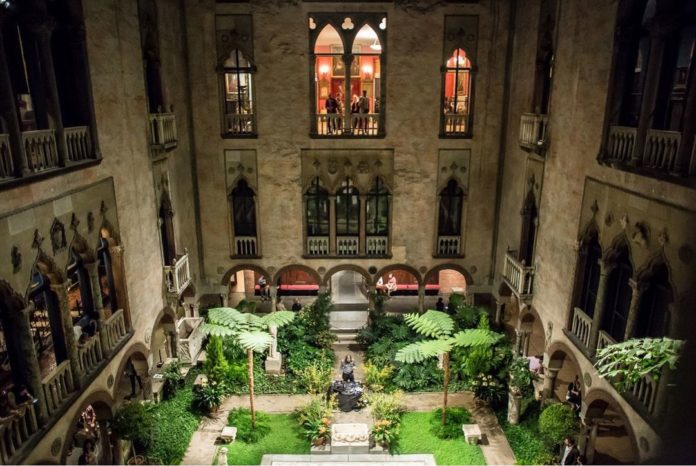Artworks have always been a tempting target for thieves. They are easy to hide and can be sold on the black market for a hefty profit. But while most of the art thefts eventually get solved, the biggest art theft in history still remains a big mystery: the Isabella Stewart Gardner Museum heist.
Backstory
Isabella Stewart Gardner Museum, located in Boston, Massachusetts, was established in 1903 by American art collector and philanthropist Isabella Stewart Gardner. The original collection had 7,500 pieces of art, including paintings, sculptures, rare books, and archival objects ranging from Ancient Rome to the 19th century. It was particularly famous for having notable works by Titian, Rembrandt, Michelangelo, and Johannes Vermeer.
The Heist
In the early morning of March 18, 1990, two thieves gained access to the museum by posing as police officers. They tied up the security guards and proceeded to spend 81 minutes in the museum and steal 13 artworks before making a run. The heist was discovered after the next shift of guards arrived later in the morning.
Stolen Artworks
The thieves took Johannes Vermeer’s The Concert, Rembrandt’s The Storm on the Sea of Galilee, A Lady and Gentleman in Black, and self-portrait etching, Govert Flinck’s Landscape with Obelisk, Edouard Manet’s Chez Tortoni, five sketches by Edgar Degas, French Imperial Eagle finial, and an ancient Chinese gu.
The Concert by Vermeer and The Storm on the Sea of Galilee by Rembrandt are the two most notable artworks taken by the thieves. There are only 34 confirmed Vermeer paintings in the world, making The Concert extremely valuable given the artist’s popularity.
Storm on the Sea of Galilee, on the other hand, is considered Rembrandt’s only seascape.
Aftermath
Despite a swift reaction by the police, the theft was never solved, and the stolen artworks remain missing. There is currently a $10 million reward offered by Isabella Stewart Gardner Museum for information that would lead to their recovery.
Theories
There have been several theories about the identity of the thieves and the location of the art. The most common one is that the members of the Boston Mafia pulled off the heist with the intention to use the stolen artworks as leverage in negotiating the release of their boss or selling to fund their criminal activities. FBI believed that the artworks were sent to Philadelphia at some point in the early 2000s but had no information about what happened to them later.

